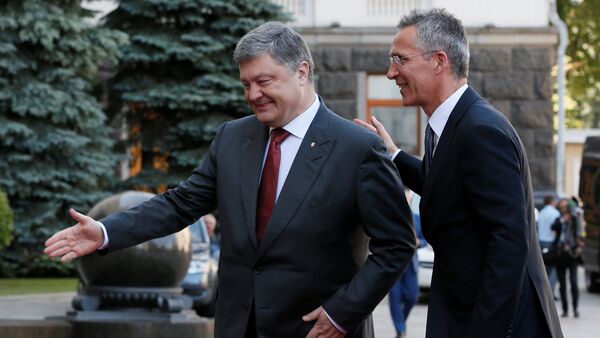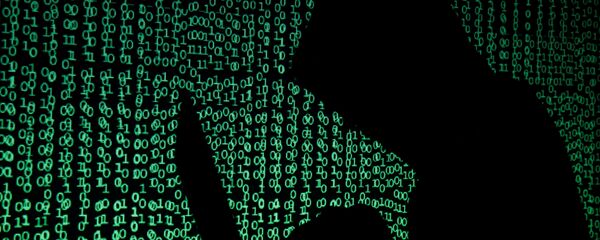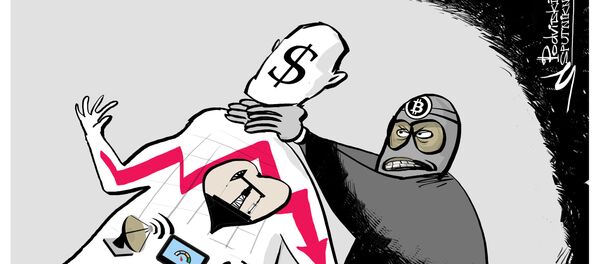"We are very concerned about the increase in cyberattacks we have seen, and actually this is a pattern that we have seen over some time. And therefore NATO has decided, and we are now implementing, a strong reinforcement and strengthening of our cyberdefenses," Stoltenberg said.
"This equipment will help Ukraine to investigate who is behind the different attacks," Stoltenberg said. "And it will also help Ukraine with defending key government institutions against cyberattacks."
On June 27, a large-scale hacking attack targeted companies across the world, but particularly affecting organizations in Ukraine. The attackers used ransomware, which was initially recognized as the Petya malware, but was later identified it as a new type of malware named ExPetr.
The wave of cyberattacks also hit Russia, Western Europe and North America, according to media reports.
On June 28, Kremlin spokesman Dmitry Peskov said the large-scale cyberattacks confirm Russia's arguments that combining efforts globally is needed to address the growing cyber threat.



